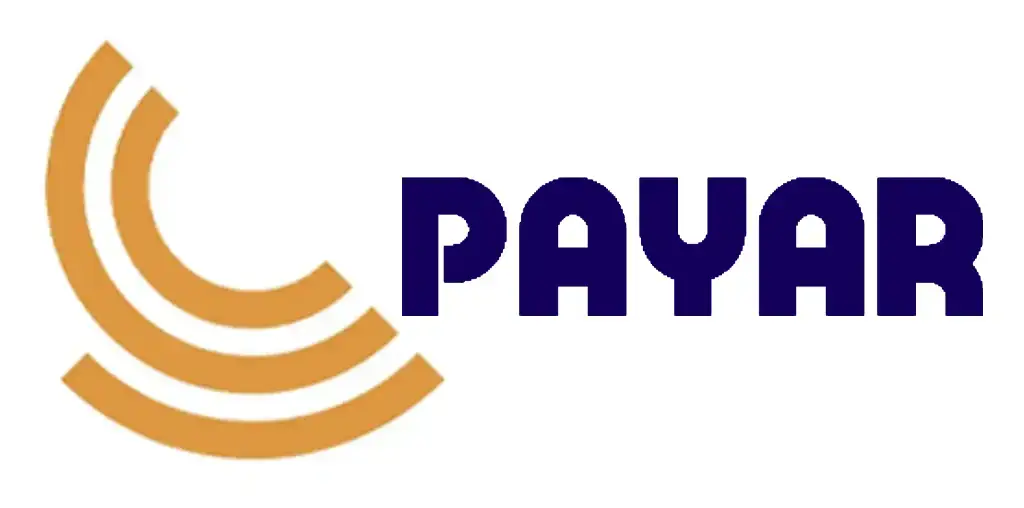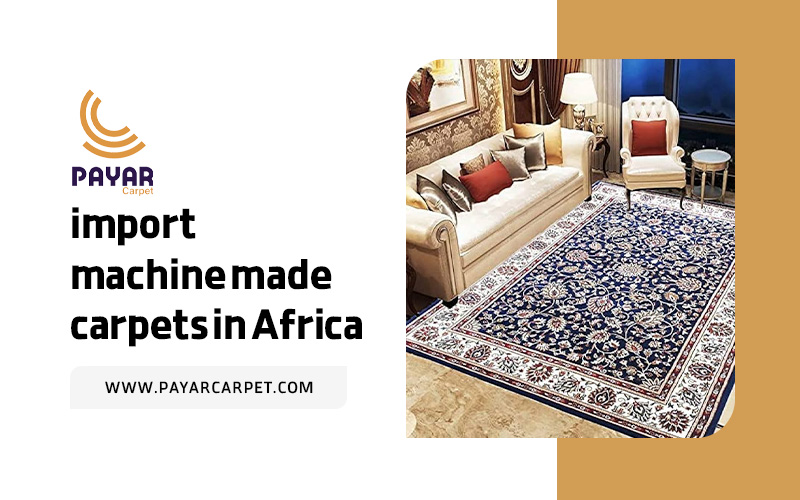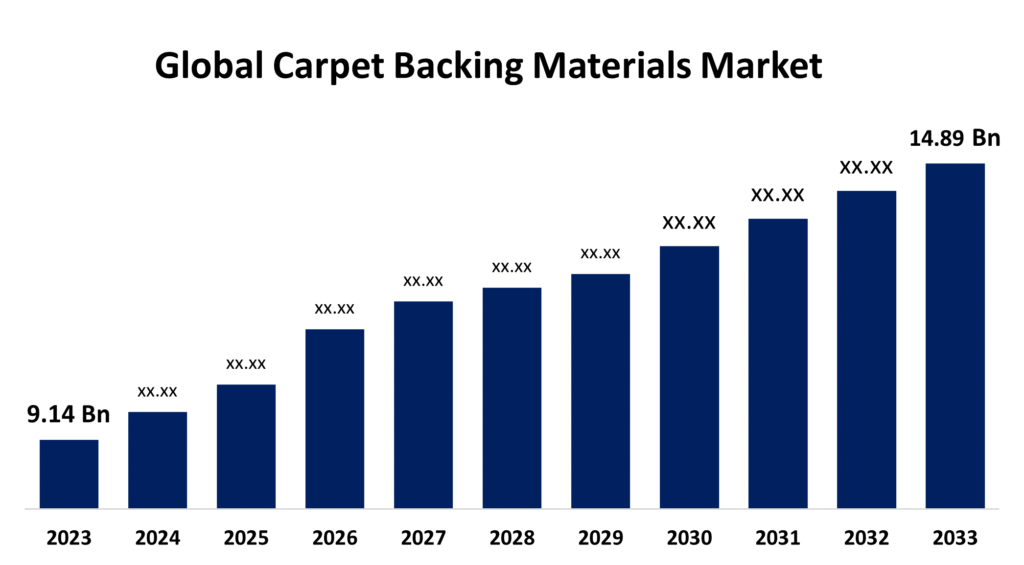Machine-made carpets are becoming increasingly popular worldwide due to their affordability, variety, and durability. In Africa, a growing middle class, urbanization, and interest in interior design have contributed to rising demand for stylish yet cost-effective flooring solutions. Importing machine-made carpets into Africa presents a significant business opportunity. However, the process involves understanding market trends, sourcing products, navigating logistics, and complying with regulatory requirements.
This article outlines the key steps and considerations for importing machine-made carpets to Africa, ensuring a smooth and successful operation.
Understanding the Market Demand for Machine-Made Carpets in Africa
The demand for machine-made carpets in Africa is driven by several factors:
Urbanization and Infrastructure Development: Rapid urbanization and the construction boom in countries like Nigeria, Kenya, and South Africa have increased the need for home and office furnishings, including carpets.
Affordability: Machine-made carpets are significantly cheaper than handmade alternatives, making them accessible to a larger segment of the population.
Variety and Versatility: These carpets come in a wide range of designs, colors, and sizes, catering to diverse aesthetic preferences.
Market Research: Conduct detailed research to identify the most promising markets in Africa, focusing on factors such as consumer preferences, competition, and purchasing power. Popular styles in one region may differ from another, so it is essential to tailor your offerings.
Choosing Reliable Suppliers and Manufacturers
The success of your import business depends on sourcing high-quality machine-made carpets from reputable manufacturers.
Top Exporting Countries: Countries like Turkey, China, and India are leading exporters of machine-made carpets, offering competitive prices and a wide variety of designs.
Supplier Vetting: Evaluate suppliers based on their product quality, manufacturing capacity, pricing, and reliability. Use online platforms such as Alibaba or visit trade fairs like Domotex to connect with potential suppliers.
Sample Orders: Request samples before placing large orders to assess the quality and ensure the products meet your market’s expectations.
Understanding Import Regulations and Compliance
Navigating import regulations is crucial to avoid delays, penalties, or rejected shipments.
Customs Requirements: Research the import policies of your target African country, including tariffs, duties, and restrictions. Machine-made carpets may attract lower duties compared to handmade ones.
Necessary Documents: Commonly required documentation includes:
Commercial invoice
Packing list
Certificate of origin
Bill of lading
Import licenses (if applicable)
Standards and Certifications: Ensure the carpets meet any local quality, health, or safety standards. For instance, some countries may require carpets to be fire-resistant or meet specific environmental regulations.
Collaborating with a customs broker can simplify this process, ensuring compliance with local laws and minimizing potential issues.
Selecting the Right Shipping Method
Transporting machine-made carpets requires careful planning to balance cost and efficiency.
Shipping Options:
Sea Freight: The most cost-effective option for large shipments. However, it is slower and requires adequate packaging to protect carpets from moisture and damage.
Air Freight: Suitable for smaller or urgent shipments, though it is more expensive.
Courier Services: Ideal for sample orders or small-scale imports.
Packaging and Labeling: Carpets should be rolled and wrapped in protective materials such as plastic or fabric to prevent damage during transit. Ensure all labels comply with the destination country’s requirements.
Working with a reliable freight forwarder can streamline logistics and ensure timely delivery of your goods.
Setting Up Distribution Channels in Africa
Once the carpets arrive, distributing them effectively is key to reaching your target customers.
Retail Outlets: Partner with furniture stores, home improvement shops, and carpet retailers to showcase your products.
E-commerce: Create an online platform or leverage existing marketplaces like Jumia or Takealot to reach a broader audience. High-quality images and detailed descriptions are essential for online sales.
Wholesale Distribution: Collaborate with local wholesalers to penetrate the market quickly and in bulk.
Invest in marketing strategies, such as social media campaigns, to raise awareness and attract customers. Highlight the affordability, variety, and quality of your machine-made carpets in promotional materials.
Managing Financial Aspects
Financial planning is critical to the success of your import business.
Cost Analysis: Calculate the total cost of importing carpets, including manufacturing, shipping, duties, taxes, and distribution expenses.
Pricing Strategy: Set competitive prices that reflect your costs while considering the purchasing power of your target market.
Payment Terms: Negotiate favorable payment terms with suppliers, such as partial payment upfront and the balance upon delivery.
Consider working with financial institutions that offer trade financing or import-export loans to manage cash flow effectively.
Addressing Potential Challenges
While importing machine-made carpets to Africa offers significant opportunities, there are challenges to anticipate and address.
Shipping Delays: Plan shipments well in advance and choose reliable logistics partners to minimize delays.
Market Competition: Differentiate your products by offering unique designs, better pricing, or additional services like installation.
Economic Instability: Monitor currency fluctuations and inflation rates in your target market to adjust pricing and maintain profitability.
Leveraging Technology for Efficiency
Modern technology can simplify various aspects of the import business:
Sourcing: Use online platforms like ExportHub and TradeIndia to find suppliers and compare offerings.
Logistics Management: Utilize freight tracking tools to monitor shipments in real-time.
Marketing and Sales: Leverage digital marketing tools, such as Google Ads and Facebook Insights, to target your audience effectively.
Building Customer Loyalty
Customer satisfaction plays a crucial role in the long-term success of your business.
Product Quality: Ensure consistent quality across all shipments to build trust and credibility.
Customer Service: Offer responsive support to address inquiries, complaints, or after-sales needs.
Customization Options: Provide tailored solutions, such as specific sizes or colors, to meet individual customer preferences.
Encouraging customer feedback and implementing their suggestions can help improve your offerings and strengthen your brand.
Conclusion
Importing machine-made carpets to Africa is a viable and potentially lucrative business opportunity. By understanding market demand, partnering with reliable suppliers, navigating legal requirements, and effectively managing logistics and finances, you can establish a successful import operation.
As African consumers continue to embrace modern design trends, the demand for affordable and versatile flooring solutions like machine-made carpets is expected to grow. With careful planning and execution, you can tap into this expanding market and contribute to enhancing interior spaces across the continent.





